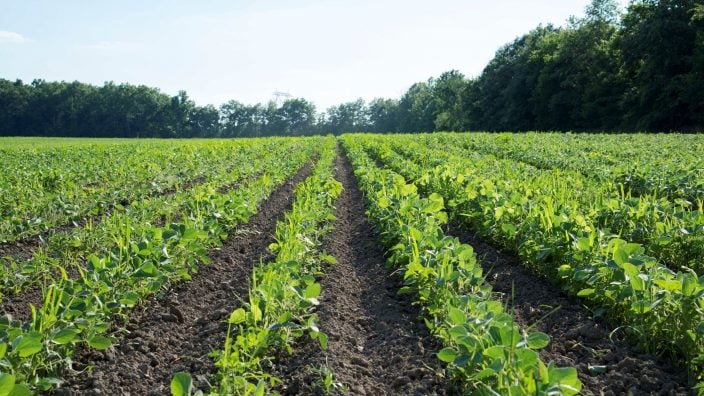The Ohio Agriculture and Rural Communities 2026 Action Plan
The plan provides a blueprint for policymakers and Ohio Farm Bureau members to bolster Ohio’s agriculture industry and our rural communities.
Read MoreIn response to the U.S. Environmental Protection Agency’s recent decision to prohibit the use of Enlist Duo and Enlist One herbicides in certain Ohio counties, Farm Bureau, along with the Ohio Corn & Wheat Growers Association and the Ohio Soybean Association, wrote a letter to EPA Administrator Michael Regan to voice their concerns about the new policy.
Twelve counties in Ohio are on the banned use list: Athens, Butler, Fairfield, Guernsey, Hamilton, Hocking, Morgan, Muskingum, Noble, Perry, Vinton and Washington, impacting nearly 270,000 soybean acres across the state.
“The restriction on use in certain counties came with no warning to producers and no logical implementation plan,” the groups said in the letter. “Farmers who have already purchased the product went to bed on January 10 thinking they had secured a crucial input in a time of scarce supply, only to wake up the next morning to find the EPA has prohibited its use. What are farmers who have made thousands of dollars in investment in this product supposed to do without time to account for this new regulatory restriction?”
The letter pointed out that in addition to the financial hit the EPA is handing down to these farmers, the decision leaves them without many options for soybean weed control. Very few products on the market can replace Enlist, and with current supply chain disruptions that continue to plague the country’s entire economy, the products that can are in extremely short supply.
The groups questioned why EPA’s decision came with virtually no communication and no answers to important questions like how were counties selected, how are the endangered species identified to trigger a prohibition of use selected, and why are portions of counties in some states subject to the ban while other states are facing whole county prohibitions on use?
“Farmers are angry, and rightly so,” the letter states. “The Biden administration needs to start to communicate with producers about these questions and account for the competitive disadvantage their decision has placed on farmers in these counties.”
In addition, the groups asked the administration to create a more open and transparent process as to how it intends to use the Endangered Species Act to evaluate agricultural products in the future.
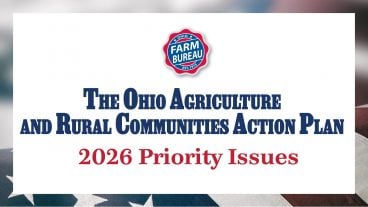
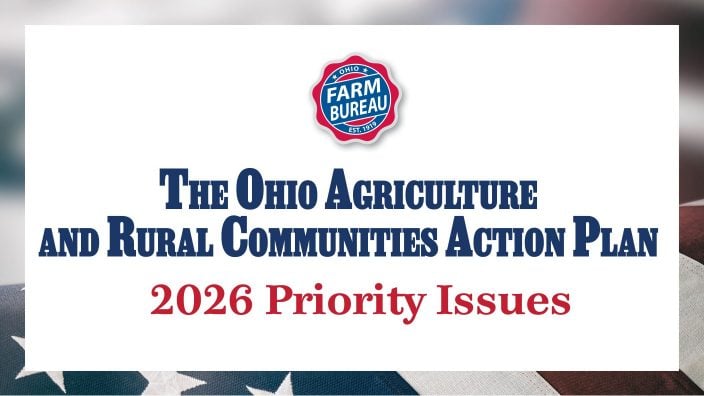
The plan provides a blueprint for policymakers and Ohio Farm Bureau members to bolster Ohio’s agriculture industry and our rural communities.
Read More

Leah Curtis joins this Legal with Leah to talk about what data centers mean for local communities and how to stay engaged in the development process
Read More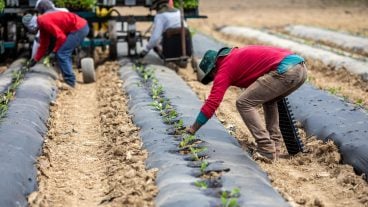
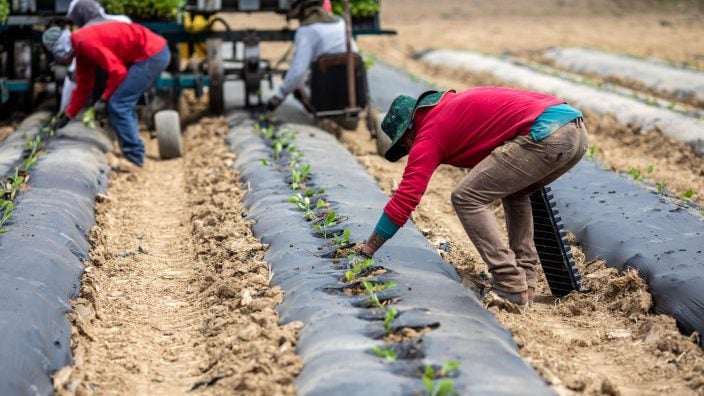
A recent state budget fix and a federal rule reform to H-2A have resulted in some relief for farmers who use the guest worker program.
Read More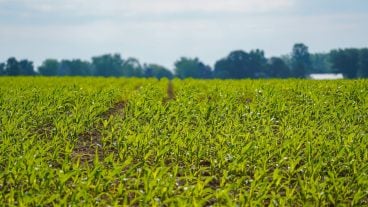
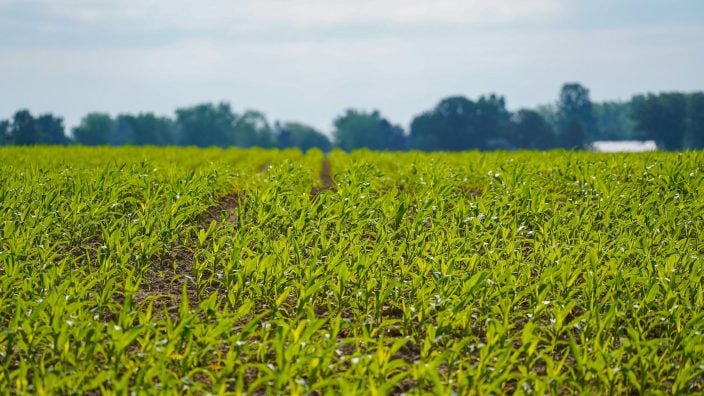
Ohio Farm Bureau advocated for a change in the law to allow family members and employees to handle pesticides while under the supervision of a licensed applicator. The rules around HB 10 are being finalized.
Read More

Four property tax reform bills were signed into Ohio law at the end of 2025. Ohio Farm Bureau Associate General Counsel Leah Curtis breaks down the bills and what the changes mean for Ohioans.
Read More

A proposal to import beef from Argentina comes on top of the government shutdown and ongoing economic pressures facing agriculture.
Read More

Any unlicensed handlers who use restricted use pesticides will need to have additional training. Farm Bureau will be working on legislation to give employers a choice on how to provide training.
Read More
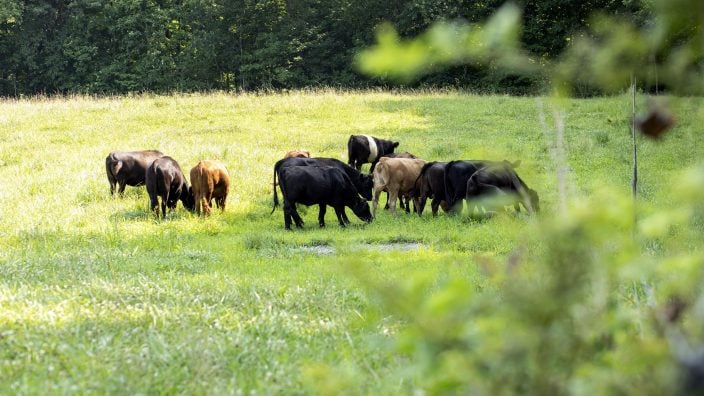
After nearly 100 days of traveling the nation and visiting directly with hundreds of farmers across America, U.S. Secretary of…
Read More

Over 20% of all the production in the United States from agriculture gets exported to a different country.
Read More

On this Ohio Farm Bureau Podcast, get an update on challenges borrowers are facing in 2025 from experts at Ag Credit and find out how the current state of agriculture is affecting the organization.
Read More